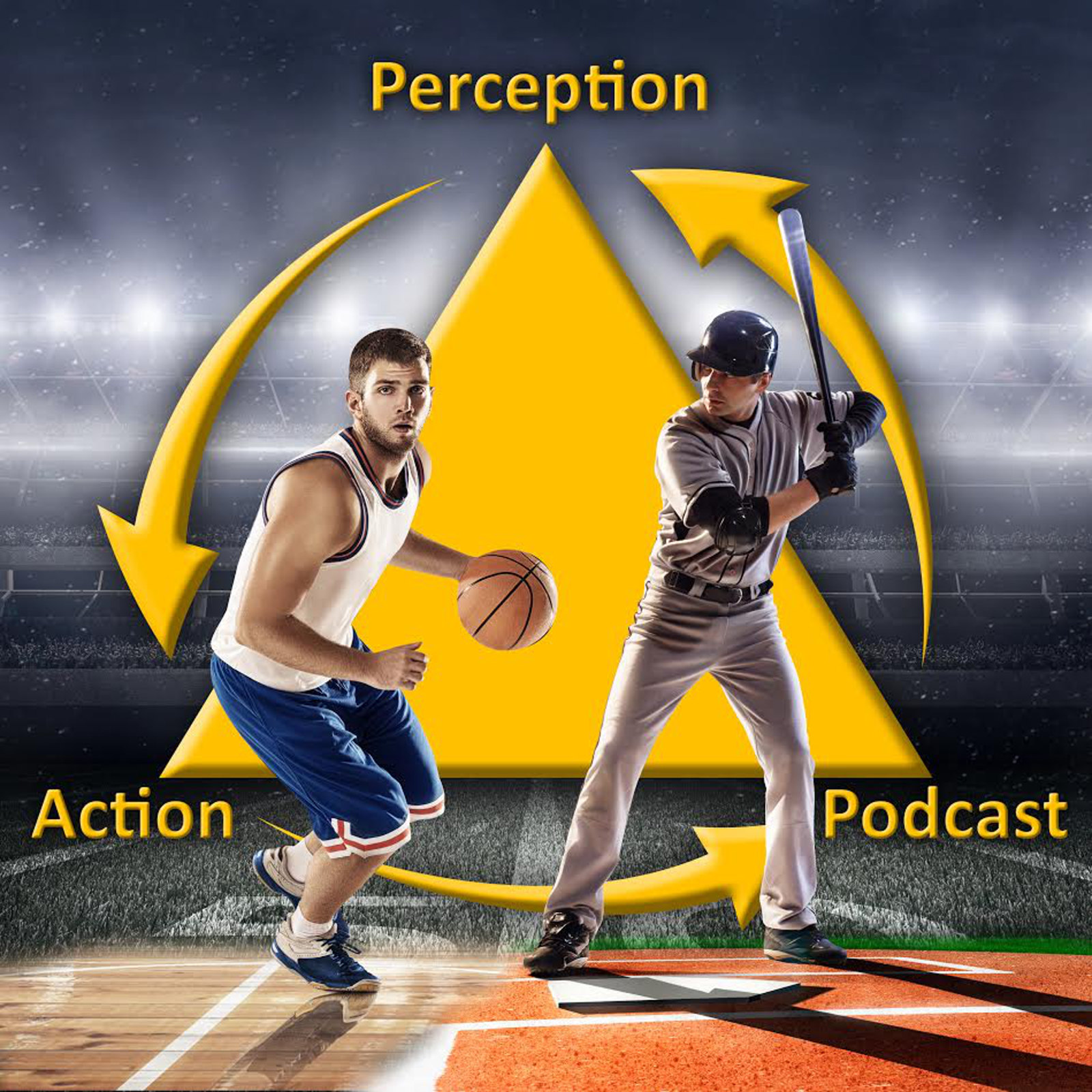167 – New Research on Generalized Perceptual-Cognitive Training
167 A look at some recent studies investigating generalized, perceptual-cognitive training for sport. Is there any evidence that training perception and cognition out of context will result in transfer to improved performance on the sports field?Download link Articles: The Effectiveness of Different Visual Skills Training Programmes on Elite Cricket PlayersPerceptual vision training in nonsport- specific…
Read More